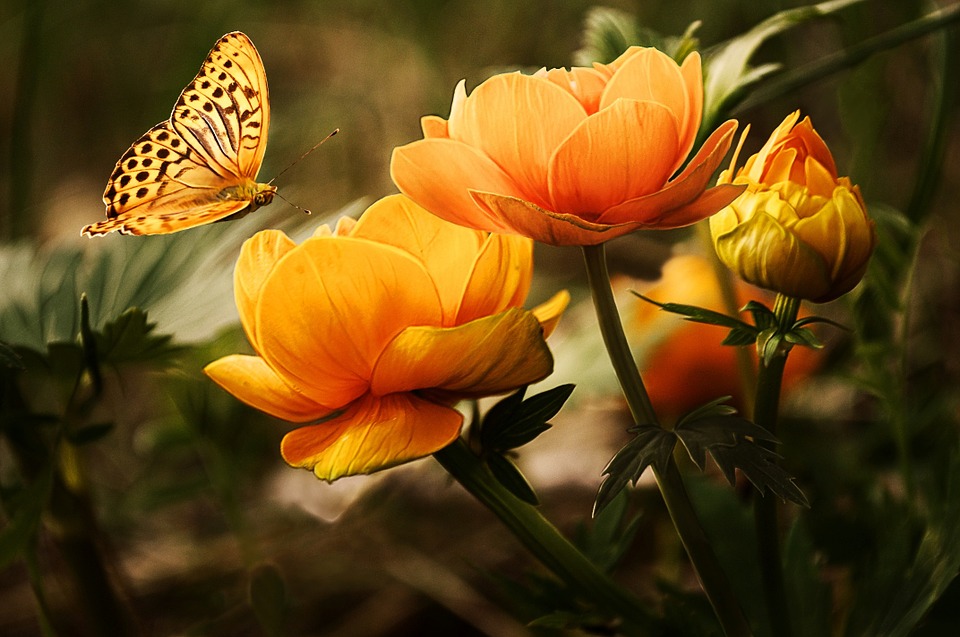These are challenging times.
I’ve been reading a lot of posts — as well as the comments they elicit — by my fellow bloggers.
One theme that often emerges is Covid-fatigue.
This is not the fatigue that one experiences when one contracts the Covid-19 virus (although I have been told that fatigue is often a symptom of Covid-19 infection and can last much longer than one would like…)
This is being tired of wearing a mask outside and sometimes even inside if one is quarantining at home with others.
This is being tired of not seeing people’s faces — and smiles — while going to work or buying groceries or walking one’s dog.
This is being tired of feeling scared that one might contract the virus.
This is being tired of feeling upset by the folks who have been listening to a different stream of news — one in which mask-wearing is not necessary and the virus is nothing to fear.
This is — in some very sad cases — being heart-broken that one is unable to visit and comfort a loved one who is fighting for her or his life in a hospital.
This is being tired of not seeing one’s extended web of family and friends at Thanksgiving — and probably not seeing them for the winter holidays either…
This is being tired of not being able to do many of the things that some of us formerly took for granted — like BBQ-ing with friends, or seeing a movie in a theater, or going on a date, or eating in a restaurant, or attending a concert or…. you fill in the blank.
The list goes on and on.
The news of surprisingly robust results from many different vaccine trials gives me a shred of hope — a possible light at the end of a long tunnel.
But this will take time — more time than most of us want to acknowledge.
And we will probably need to wear our masks even AFTER we have been vaccinated because there is very little data — yet — about how infectious those who have been vaccinated may be to others who have not yet been vaccinated.
And not everyone — for a spectrum of reasons both historical and personal and political — may agree to be vaccinated…
Deep breath in.
Deep breath out.
Then there is the fatigue — physical, emotional, spiritual — that our nurses and EMTs and doctors and others who help to take care of Covid-19 patients are experiencing.
In many cases it is beyond fatigue.
It is trauma.
We are going to emerge from this health crisis with a significant number of our caregivers having been traumatized and in need of all sorts of healing for THEIR bodies, minds and spirits.
Some of them may decide that they can no longer risk their lives taking care of others — especially others who minimize and/or deny the threat of Covid-19 (and thus help to worsen everyone’s collective health and the horrific burden being placed on our health care workers).
I learned recently that one of my friends — a former housemate with whom I lived after college (along with three other people) in a run-down but functional duplex apartment outside Central Square in Cambridge, MA — just spent five days in a hospital fighting to breathe with a Covid infection.
He posted on Facebook:
“I didn’t get the mild version. It was a grueling, terrifying experience. I would like to make a plea for any of you who doubt the danger of this bug to rethink that. If you are thinking, ‘I probably won’t get it’ or ‘it probably won’t kill me’ you’re in danger — and the people around you are as well. Please don’t let your guard down. You’ll never know what you’re missing.”
In another post he shared more details:
“When my COVID was at its worst I had a temperature of 103, and each breath only gave me a few teaspoons of air. I would get panicked, and I would cough and gasp, but there was no more room in my lungs. A nurse at the ER told me to try not to cough; so I started counting my breaths, trying to make it to 100 without coughing. I’d get to about 37 and involuntarily cough/gasp. And then came one of those moments when you realize you had something and never appreciated it and maybe it’s gone. I wanted a regular breath, nothing fancy, and if I could have it I wouldn’t take it for granted anymore. So today I am deeply thankful for my lungs. I’m sharing this hoping that, if you don’t already appreciate your lungs, you’ll take a nice deep breath and appreciate them right now…”
Deep breath in.
And out.
So how did my friend end up in the hospital?
“I got a flu shot the Wednesday of the week before Thanksgiving. Felt achy the next day. Not sure if it was the shot or COVID. By Saturday my chest was getting tight. On Monday and Tuesday and Wednesday. I was going to the ER every evening (it gets bad in the evening — no one can tell me how the virus knows what time it is), struggling to breath, doing this sort of gasping/cough thing that just excited my lungs and made them more desperate. Fever kept getting worse — 103 degrees by Wednesday, (when) I went to a new hospital.”
They admitted my friend and started him on a 5 day course of Remdesivir.
“At this point I didn’t know where this was going. The thing about the coughing/gasping is that they really didn’t have anything to stop it. I asked a doctor how concerned he was that I might die, and he said, “Not at all.” That was reassuring. Up until then I was worried about A) being on a ventilator and B) dying. They tell me that they don’t put people on ventilators as much now that they know more about treatment. Gradually, my symptoms receded. Very grateful.”
He was treated in the hospital with Remdesivir, oxygen, cough syrup, nebulizer treatments, and tylenol to control his fever.
He’s pretty sure he got Covid from his 18-year-old daughter, who had a fever for a couple of days and then was fine.
His final comment on Facebook was:
“(Covid infection) varies greatly and it can turn on a dime.”
Another deep breath in.
And out.
Paul is the second person I know who has been hospitalized due to Covid.
The other — as regular readers of this blog may remember — is a fellow singer who ended up on a ventilator for many weeks and then spent time in rehab for weeks after that.
Both friends are now at home and gradually recovering their strength.
There but for the grace of g-d — along with a few face masks, a lot of physical/social distancing, and regular handwashing — go I…
And ANOTHER deep breath in.
And out.
Yesterday morning I picked up a bunch of postcards for me and two friends to personalize and then mail to potential voters in Georgia.
I loved riding my bike — and not burning any fossil fuels — while picking up and then delivering postcards to my friends.
Climate change is a WHOLE OTHER CRISIS which many of us — similar to the Covid-downplayers and non-mask-wearers during our current Covid crisis — are in denial about.
But that’s a topic for another blog post…
I definitely experienced — and was grateful for — my lungs as I pedaled up a bridge and over the commuter railroad tracks that separate Cambridge from Somerville.
I was also grateful that yesterday’s rain waited until I was home from my postcard pickup and deliveries to begin its gentle precipitation.
And I am grateful to share that a song I recorded many years ago — “Let Me Be Strong” by Barbara Baig — now has its own mini-website.
You can click here to check it out (and you may recognize the names of a few fellow bloggers on the feedback page, bless them…)
I met Barbara when I was organizing open mics at the Cambridge Center For Adult Education in Harvard Square, where I worked for 16 years,
As you may also remember from a recent blog post about how modestly streaming platforms currently pay recording artists and songwriters, it is unlikely that we will make much money from distributing “Let Me Be Strong.”
But we have gotten such positive feedback that we decided — as a kind of mitzvah — to create this mini-website and devote some energy to sharing her song with the rest of the world (or at least those people who have access to digital music platforms…)
The chorus of her song says:
“Let me be strong and moving through fear.
When the truth is blinding, let me see it clear.
And when love comes, let me not hide.
Let my heart be open, let love inside.”
Easier said (or sung) than done, I know — but potentially helpful words for the days and weeks and months ahead…
We have begun reaching out to radio DJs, nurses, doctors, yoga instructors, hospital chaplains, ministers, rabbis, and anyone else whom we think might appreciate hearing the song — and possibly sharing it with others.
We would be honored if YOU, too, are moved to share “Let Me Be Strong” with anyone in your web of family and friends.
You can use the share option by clicking on the upper right corner of this page of our mini-website if the spirit moves you.
We also welcome any ideas about other people, DJs, yoga instructors, nurses, doctors, rabbis, ministers, chaplains, etc. to whom we might reach out — one heart to another.
Clearly a lot of our hearts in the USA are quite frozen with fear (and rage) these days.
And music is one way that we can thaw out and begin to feel/heal…
Deep breath in.
And out.
Let’s all keep singing and dancing and listening to music whenever we can muster the time and energy and heart in the weeks ahead!
In addition to my lungs, I am grateful for pianist/producer Doug Hammer, with whom I recorded “Let Me Be Strong” along with Gene Roma (drums) and Chris Rathbun (bass).
I am grateful that my two friends are recovering from Covid-19.
I am grateful for Barbara Baig, who wrote this song.
I am grateful to Pixabay for their wonderful images.
And I am grateful to YOU for reading and listening to another one of my blog posts.
Thank you!
I hope you remain well — and well-masked AND well-rested — as viral and political turmoil continue to swirl through our lives.
May our Covid fatigue diminish…
Let us continue to hope for brighter, wiser, happier days ahead
Deep breath in.
Deep breath out.
And maybe a refreshing shake!
ps: You are always welcome to visit my website, and you can find me on Spotify, Pandora, Apple Music and other digital music platforms.




























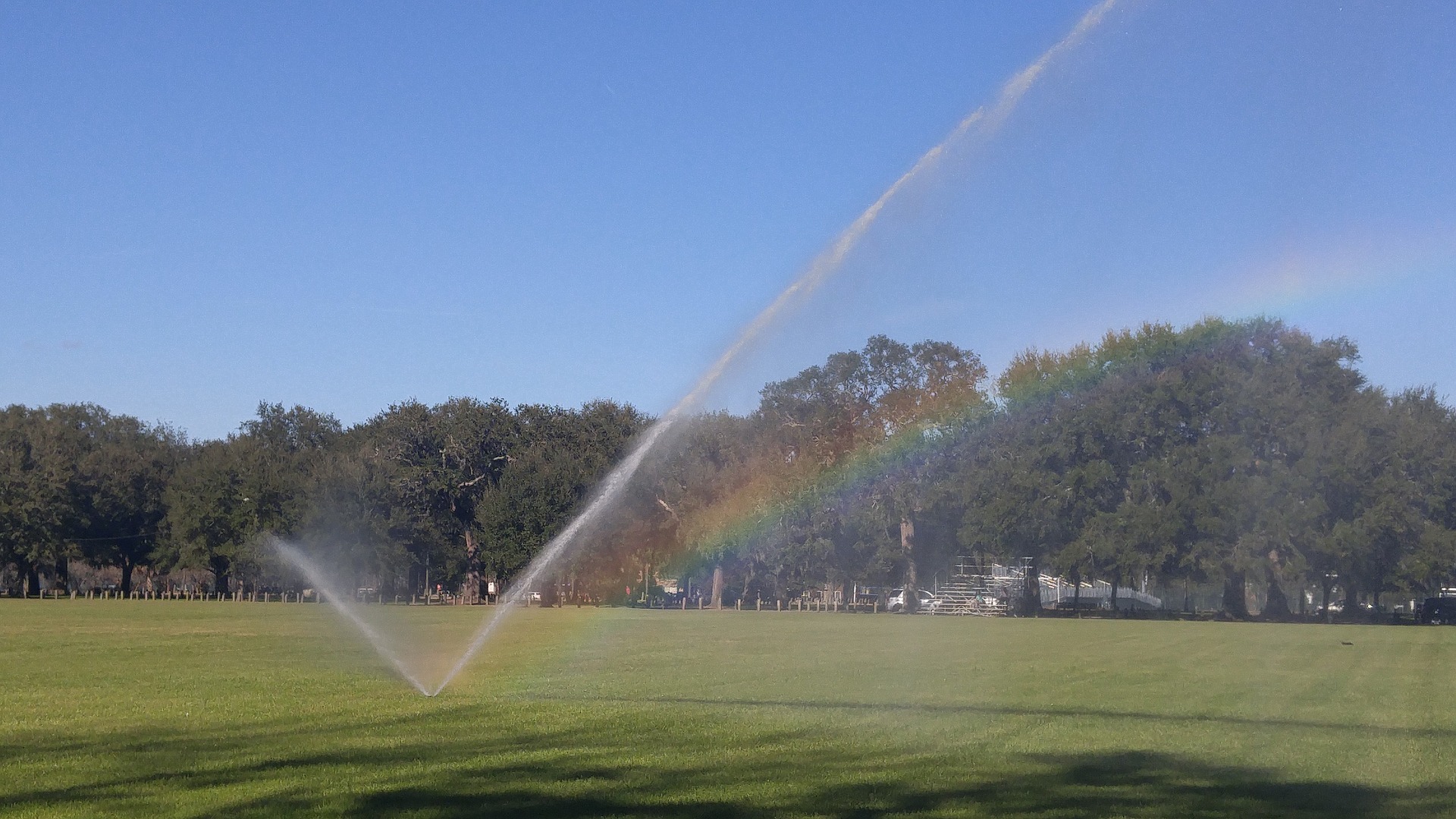



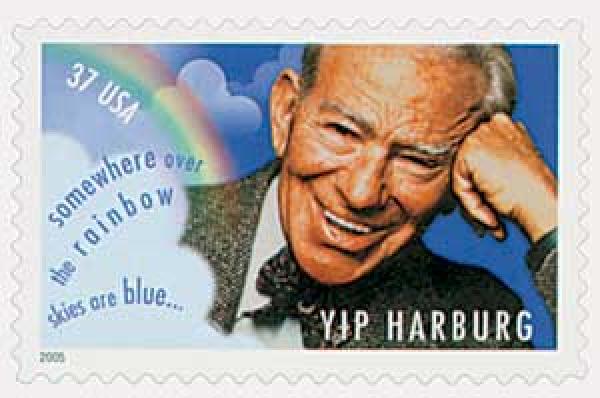



















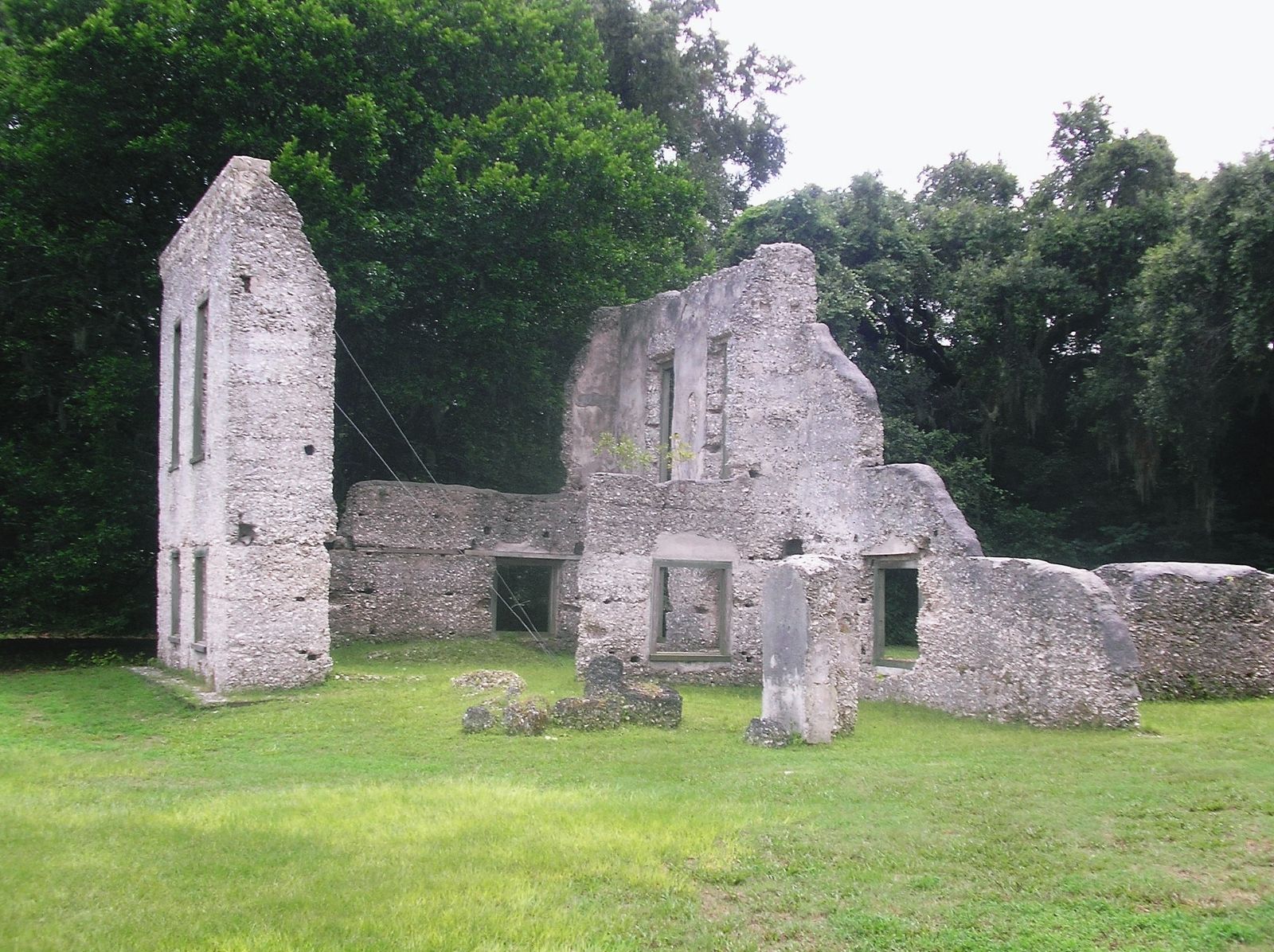







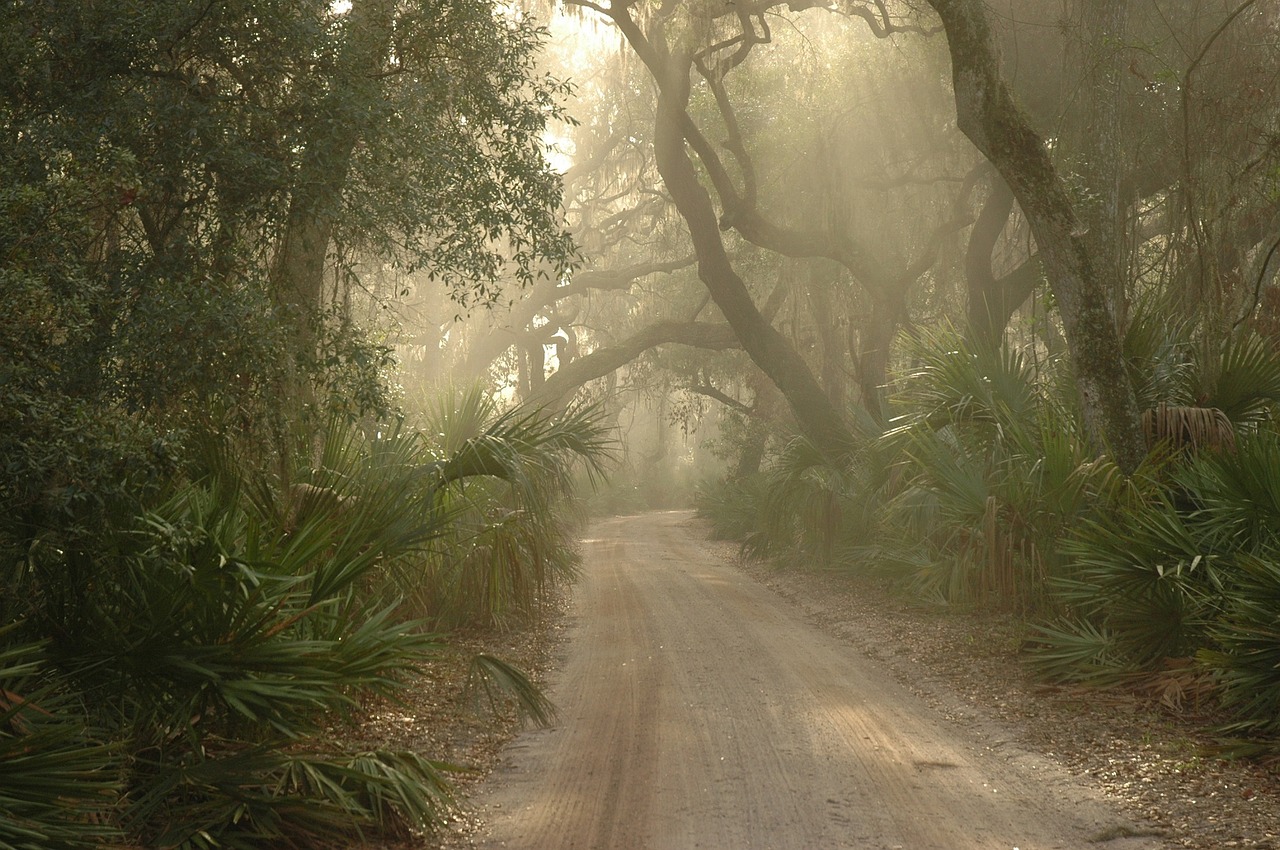



























 But I HAVE continued to write new songs as well as create demos of my songs using Apple’s wonderful GarageBand program.
But I HAVE continued to write new songs as well as create demos of my songs using Apple’s wonderful GarageBand program.


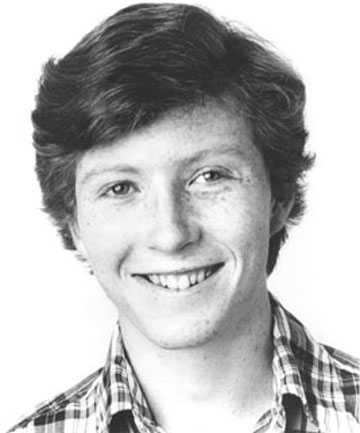

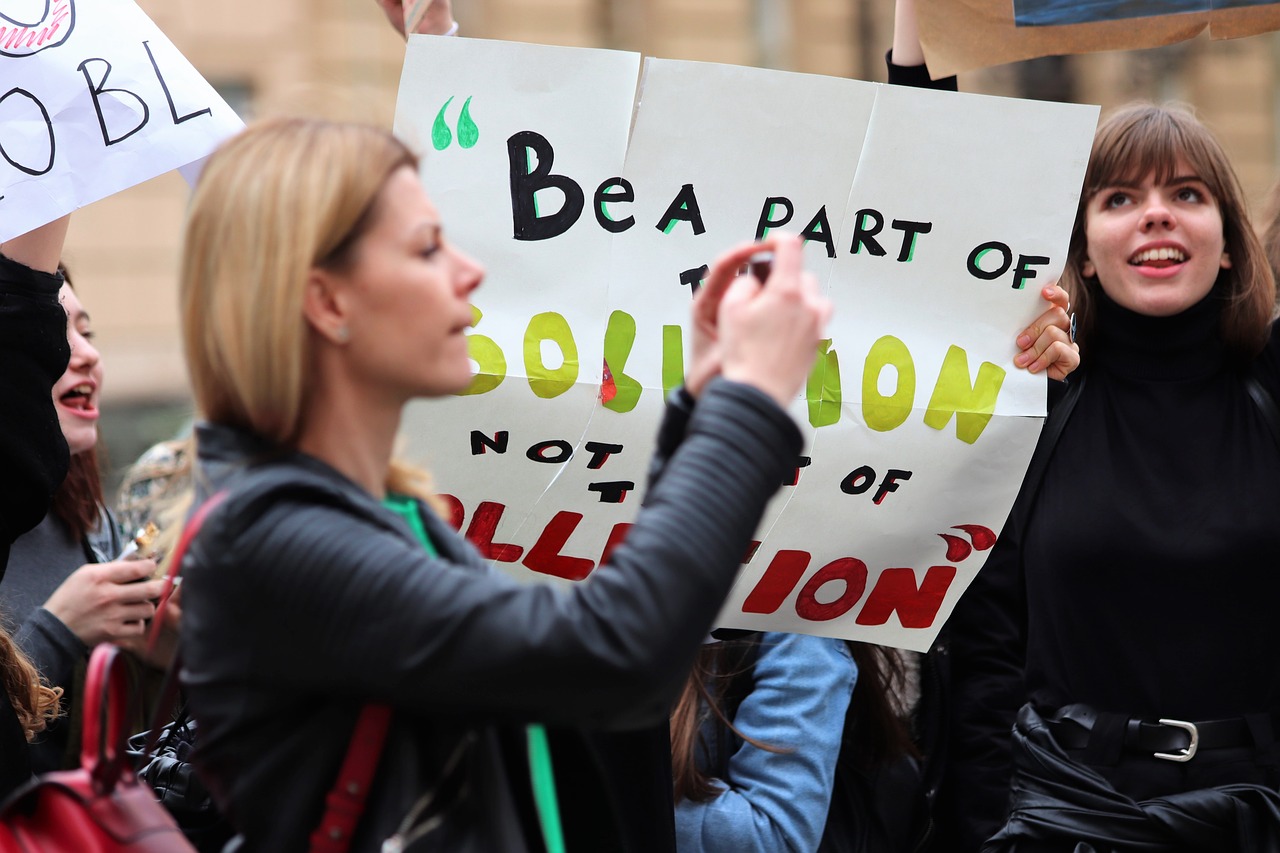










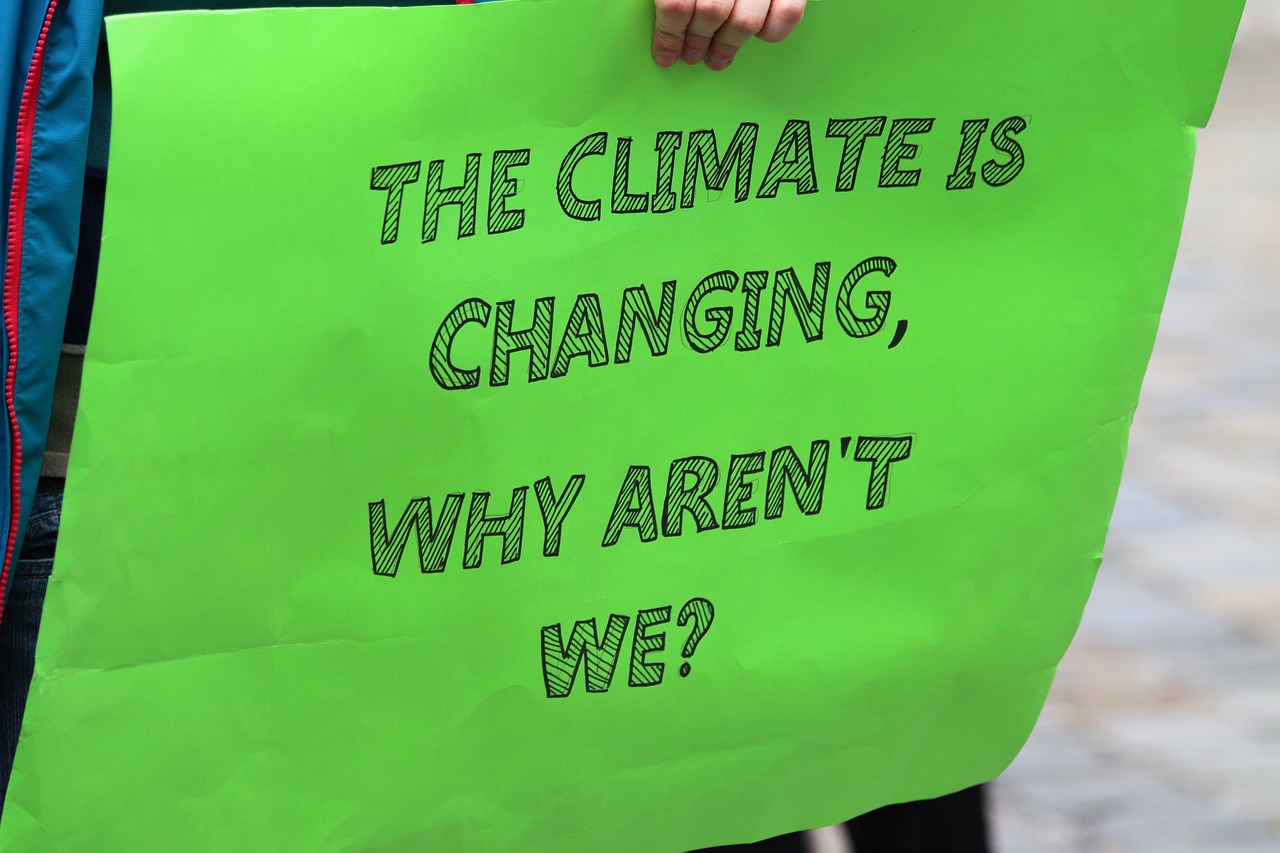

 All the songs we performed were related in some way to the film industry.
All the songs we performed were related in some way to the film industry.





 I also appreciate that “That’ll Do” doesn’t espouse perfection as a goal.
I also appreciate that “That’ll Do” doesn’t espouse perfection as a goal.


 In 2010 the campground where we have stayed for over 25 years — called
In 2010 the campground where we have stayed for over 25 years — called  We are in a bowl which is home to pine trees, grasses, chipmunks, red squirrels, all sorts of birds, lots of ants, a few oak trees, crickets, various fungi, and quite a few blueberry bushes.
We are in a bowl which is home to pine trees, grasses, chipmunks, red squirrels, all sorts of birds, lots of ants, a few oak trees, crickets, various fungi, and quite a few blueberry bushes. There weren’t very many this summer, which may be because it has been somewhat dry.
There weren’t very many this summer, which may be because it has been somewhat dry.
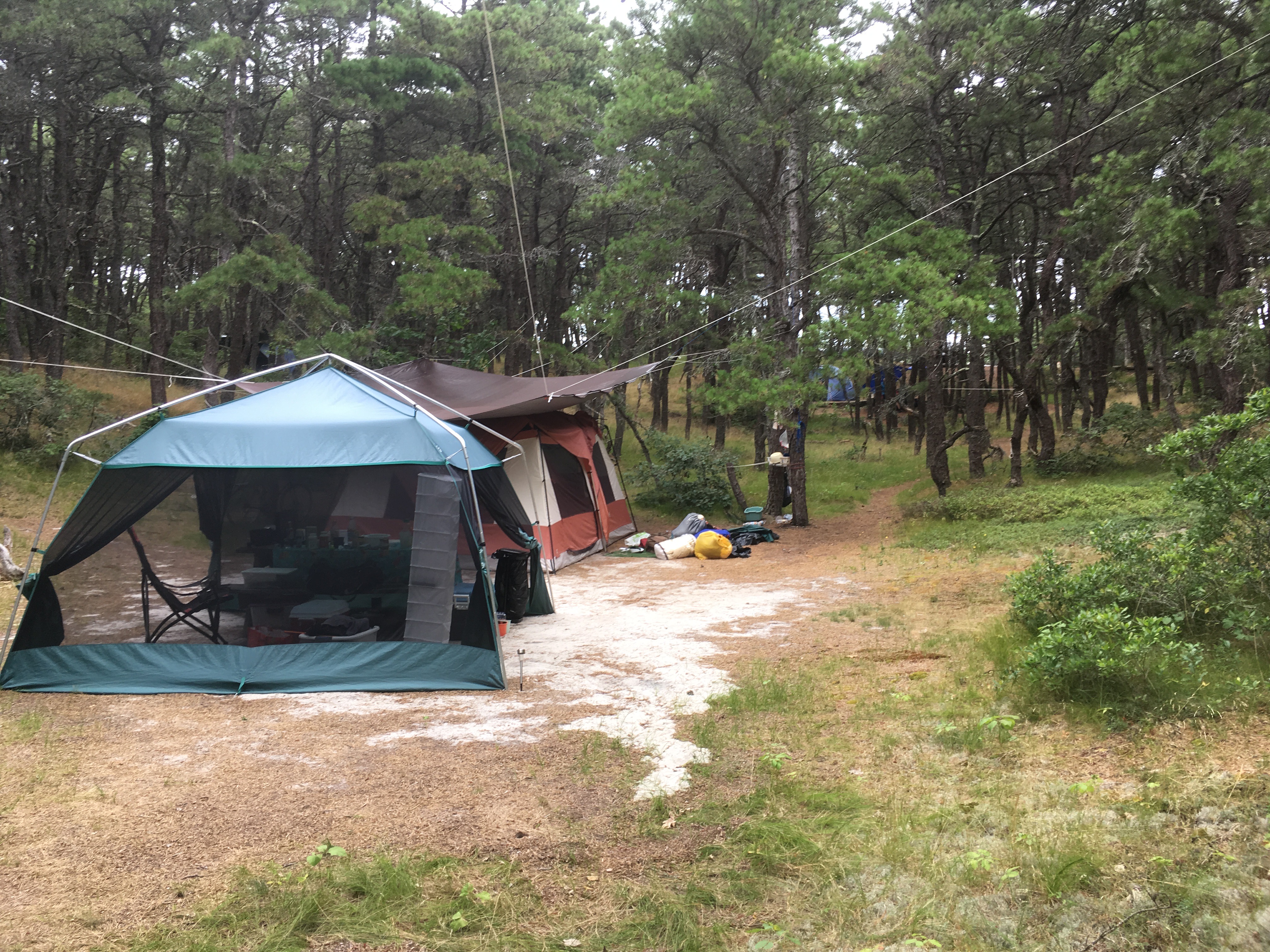 If you look past our tents in the upper left corner of this photo, you can glimpse the tent site from which the first photo in this post was taken…
If you look past our tents in the upper left corner of this photo, you can glimpse the tent site from which the first photo in this post was taken… Also all of the sinks in the bathrooms at the campground have faucets that automatically shut off after a couple of seconds.
Also all of the sinks in the bathrooms at the campground have faucets that automatically shut off after a couple of seconds. Before dinner — which is often something delicious cooked by my brother-in-law who bikes to the local fish store on an almost daily basis, bless him — I usually walk down a pine-needle-covered path to the Atlantic ocean and swim.
Before dinner — which is often something delicious cooked by my brother-in-law who bikes to the local fish store on an almost daily basis, bless him — I usually walk down a pine-needle-covered path to the Atlantic ocean and swim. There were a couple of great white shark sightings during our two weeks at the camp ground, and also one day when a bunch of whales cavorted within sight of the beach.
There were a couple of great white shark sightings during our two weeks at the camp ground, and also one day when a bunch of whales cavorted within sight of the beach. There was so much happening on this plant — it was a world unto itself!
There was so much happening on this plant — it was a world unto itself! During the course of our time at the campground, several spiders wove webs — which in due time trapped a quite a few meals.
During the course of our time at the campground, several spiders wove webs — which in due time trapped a quite a few meals. Eventually it was time to pack everything up and return home.
Eventually it was time to pack everything up and return home. What doesn’t usually happen, however, is an hours-long rain storm on the day of our departure.
What doesn’t usually happen, however, is an hours-long rain storm on the day of our departure. Thank you to all of the folks who keep
Thank you to all of the folks who keep 









